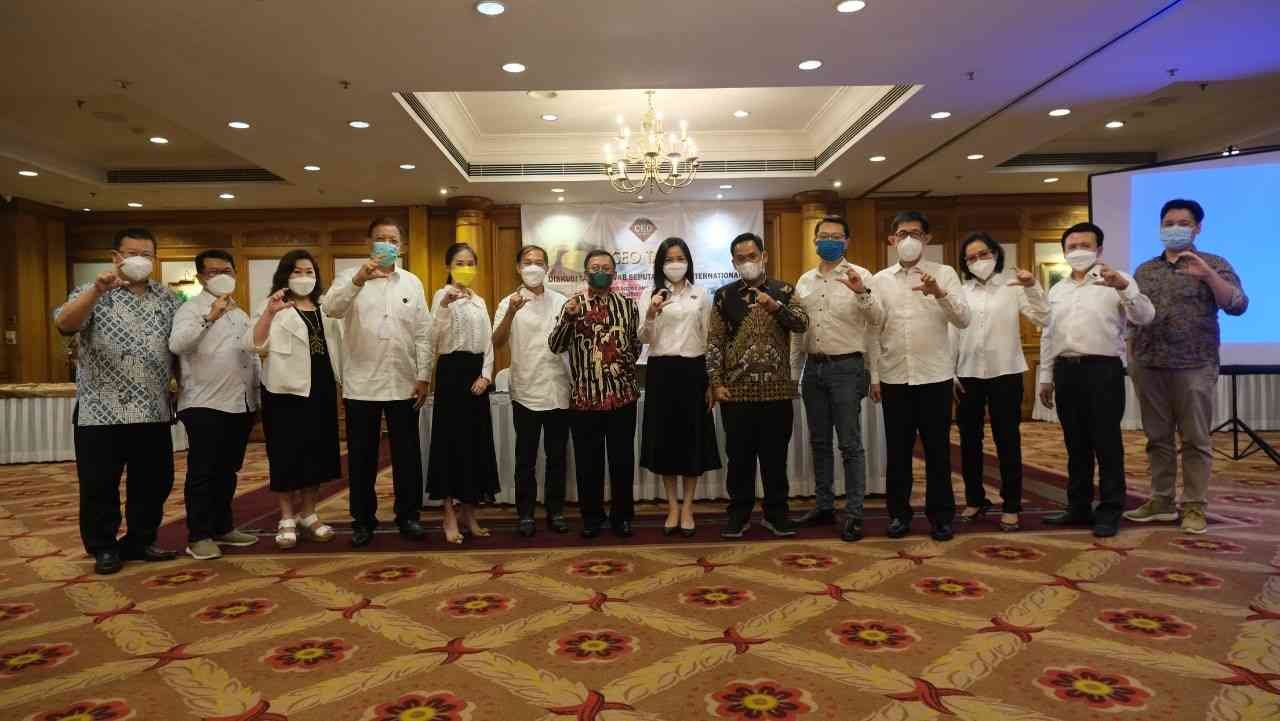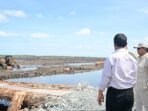JAKARTA – The development of models and globalization make it a challenge to apply international taxation on cross-business economic activities that make it digitized and also create gaps for tax evasion. To overcome this problem, the OECD and the G-20 initiated the Base Erosion and Profit Shifting (BEPS) Action Plan project.
One of them seeks to overcome the challenges of taxation due to economic digitization. Based on country discussions between the OECD, the leaders of the G-20, and member countries of the OECD/G-20 Inclusive Framework (IF), two main pillars emerged which are said to be the foundation of digital economic taxation which in its development is expanded to all multinational companies.
To understand more clearly these two pillars, Thursday, December 2, 2021, members of the Global CEO Indonesia Foundation gathered at the Mercantile Athletic Club, WTC Sudirman 18th floor to hear international tax sharing with Mekar Satria Utama, the Director of International Taxes at the Ministry of Finance and Dr. Yehezkiel Minggus Tiranda, SH, MH, Head of Sub-Directorate of Cooperation and Partnership, Directorate of Public Relations P2 DGT.

Trisya Suherman, Chairman of the Global CEO Indonesia Foundation, explained that this event was born from the idea of members who wanted to ask questions about taxes, then today’s event.
“Considering that this event is very special, that’s why we limit only a few people who are invited to be invited so that the information received can be maximized and can run smoothly,” Trisya.

Starting the event, Mekar Satria Utama explained about the initial agreement on pillar 1, allowing countries of origin to do so without multinational companies collecting taxes that are constrained by Permanent Business Entities (BUT) or physical form and pillar 2 is a proposal to reduce competition through the application of an effective minimum income tax rate of 15 percent for multinational companies operating in several countries.

“Today I share about international taxation, I hope the information is useful for all of you,” said Satria.
Meanwhile, Satria explained that with the establishment of pillar 1 and pillar 2, Indonesia will benefit, especially in pillar 2 because several multinational companies are expected to make Indonesia their company base.
Each participant asked about natural tax problems and assistance from Mekar Satria Utama to provide input. Other than taxes, participants asked about examples of digital company cases and the taxation that occurred in them. The event, which started from 19.00 to 21.00, was felt to provide a lot of information. With the question and answer session, the participants who attended knew how the tax procedures had to be carried out with the cases they experienced.
Anang Fadhilah










